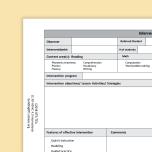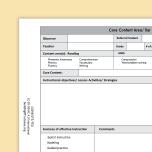
Autism, Evaluation

Autism, Evaluation

Evaluation, Dyslexia and Other Related Disorders

Autism, Evaluation

Autism, Evaluation

Child Find, Evaluation

Child Find, Dyslexia and Other Related Disorders, Evaluation

ARD/IEP Supports, Behavior, Significant Cognitive Disabilities, Autism, Evaluation

ARD/IEP Supports, Behavior, Significant Cognitive Disabilities, Autism, Evaluation

Child Find, Dyslexia and Other Related Disorders, Evaluation